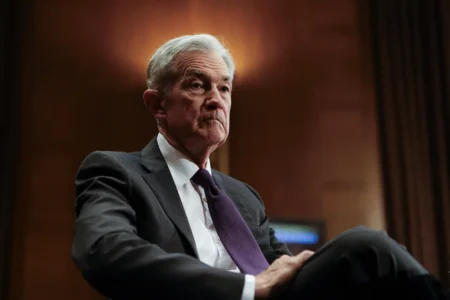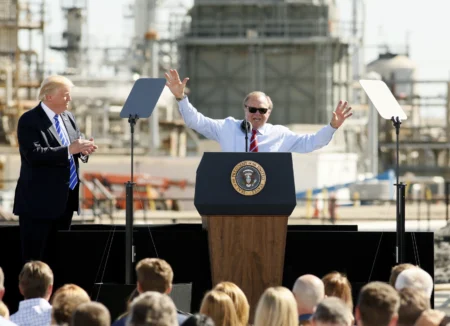The world’s 3,000 billionaires have seen their wealth rise by $6.5 trillion over the past decade, according to a new report by Oxfam. This sharp increase represents 14.6% of global economic output. When looking at the richest 1% of the world’s population, their real-term wealth gain hits $33.9 trillion. Oxfam says this amount could end global poverty 22 times.
These figures arrive amid growing pressure on world governments to tax the ultra-rich more fairly. In many countries, wealth inequality is rising while government finances remain strained. The report warns that extreme inequality is not only growing but also becoming more difficult to fix without urgent action.
In the United Kingdom, the number of billionaires has increased from just 15 in 1990 to 165 in 2024. Their average wealth has risen by more than 1,000% during the same time. Meanwhile, Oxfam says billionaires pay effective tax rates close to only 0.3% of their wealth. This is far less than what regular workers pay on their income. The charity argues that this tax gap is unfair and helps the richest avoid contributing their fair share to society.
Oxfam is urging the UK and other governments to take a stand against this growing inequality. It points out that from 1995 to 2023, private wealth grew eight times faster than the net wealth of governments. This shift, the group says, weakens public systems and increases dependence on private money for key services like health, education, and housing.
Rachel Noble, senior policy adviser at Oxfam, warns that governments are at risk of turning away from proven ways to fight poverty. She stresses the need for strong public investment and fair taxation. Noble says the government must act quickly to tax the trillions held by the super-rich. Doing so, she adds, would help fight inequality, gender injustice, and the climate crisis.
Last year, Spain, Brazil, Germany, and South Africa supported a new idea at the G20 summit—a 2% minimum tax on the world’s richest individuals. While estimates vary, research by French economist Gabriel Zucman found this global tax could raise up to $250 billion every year. This money could help pay for basic services, reduce inequality, and build stronger public infrastructure.
The four countries backing the proposal say the new tax would also support current talks on digital tax reforms and a global corporate tax. A 15% minimum tax on big multinational companies is already being discussed. A tax on the ultra-rich, they say, would add to these efforts and provide governments with a new source of funding.
A major challenge is tax avoidance. Many billionaires choose to live in places with low taxes, such as Monaco or Jersey. However, most of their money is made in larger economies like the UK, France, and the US. The proposed global wealth tax includes plans to prevent tax evasion and make sure billionaires pay where they earn.
Spain’s economy minister, Carlos Cuerpo, spoke in London last November and called for bold steps. He said countries must be brave and take action. He also noted that recent elections have shown people want a more fair distribution of wealth.
Oxfam also conducted a survey on public attitudes toward tax fairness. The results show strong support for action. About 86% of people said they support paying for public services by closing tax loopholes. These loopholes currently allow rich individuals and large companies to shift profits to tax havens and avoid paying their fair share.
The report and public opinion both reflect a clear message: people want change. As billionaire wealth continues to grow rapidly, pressure on governments will likely increase. Citizens are calling for fairer tax systems and stronger public investment.
Oxfam’s findings suggest that taxing the richest more effectively could provide essential funds for global development goals. These include ending poverty, improving education, building stronger healthcare systems, and addressing climate change. With billions locked away in private accounts, the opportunity to act is now.
The rise in billionaire wealth is no longer just a financial trend—it has become a major issue of public concern. If governments do not act, inequality may grow even deeper. Tax reform, stronger rules, and global cooperation could be key tools to create a fairer and more stable future for all.







